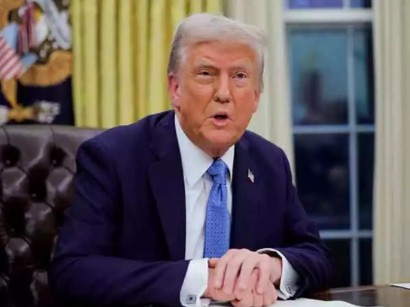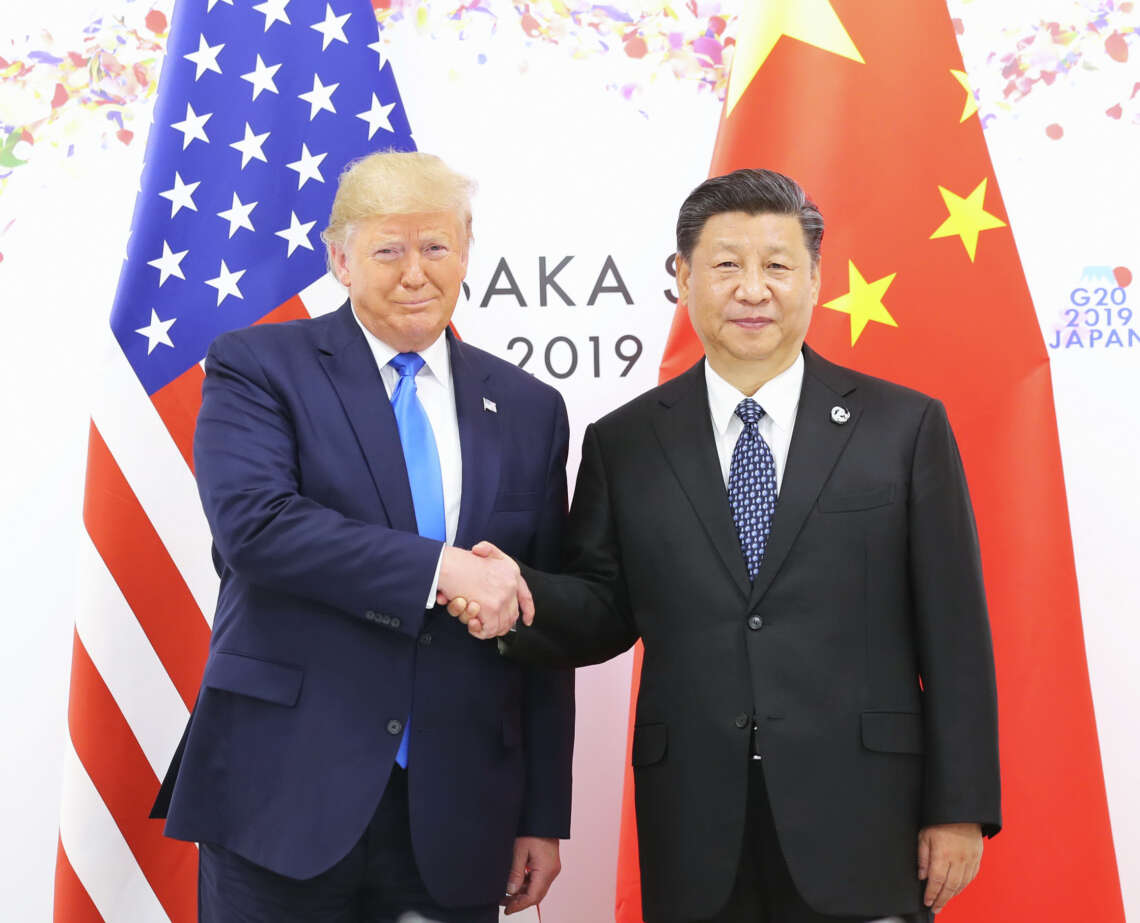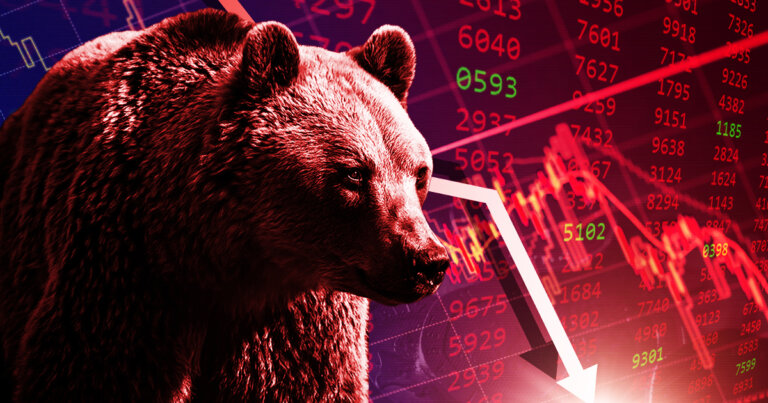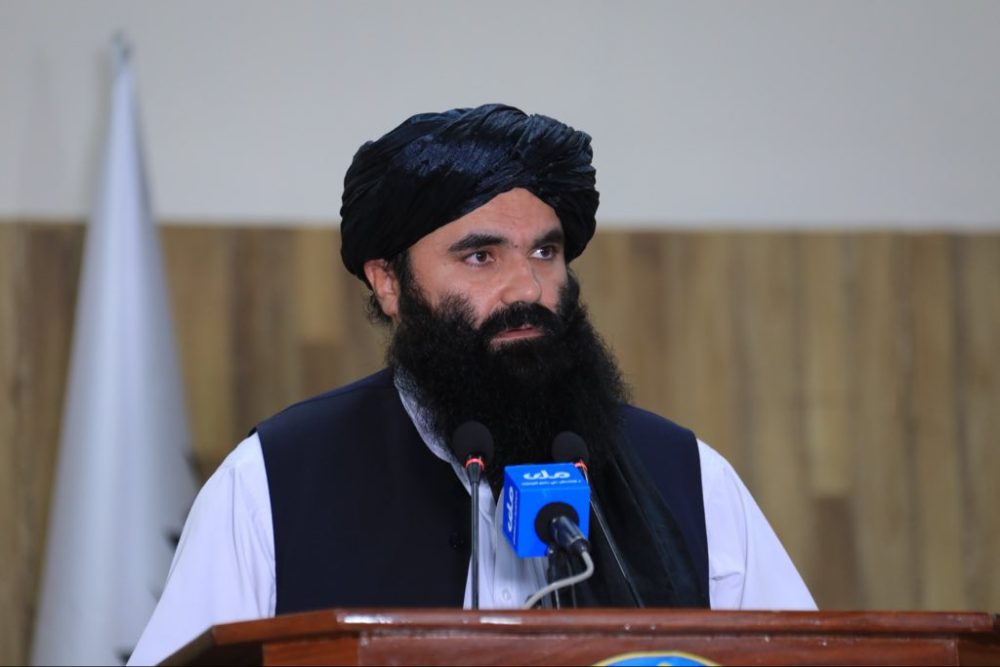Despite mounting investor anxiety and a steep drop in market values worldwide, Trump dismissed fears of economic fallout, declaring that “world leaders are dying to make a deal.”
Amid deepening turmoil on global stock markets, US President Donald Trump has stood by his controversial tariff policies, insisting they are a necessary remedy to fix what he calls unfair trade imbalances. Despite mounting investor anxiety and a steep drop in market values worldwide, Trump dismissed fears of economic fallout, declaring that “world leaders are dying to make a deal.”
Global markets opened the week on a sharp downturn, with Asian indices seeing significant losses and US futures signalling further slides. However, the White House struck a defiant tone. Speaking aboard Air Force One, Trump reiterated his belief that reciprocal tariffs are vital to protecting American economic interests and restoring balance in global trade relations.
“Sometimes you have to take medicine to fix something,” Trump told reporters on Sunday, drawing a parallel between market volatility and short-term discomfort that leads to long-term gain. “We’re not looking to tank the market. But I’m not going to make deals that leave America at a disadvantage.”
Trump’s stance comes despite growing evidence that his aggressive tariff strategy is rattling investors. Since the start of his tariff push, trillions of dollars in value have been wiped off major US stock indices. The escalating tension with China, which has already announced retaliatory measures, has only added to fears of a prolonged trade war with potentially global consequences.
Even as markets reeled, Trump sought to frame the downturn as temporary turbulence on the path to a fairer trade system. He said he had spoken to several world leaders over the weekend who, in his words, were “dying to make a deal.”
“They understand the need for change,” Trump said. “We’re not going to let other countries take advantage of American workers anymore.”
But economists warn that the president may be underestimating the risks. Bruce Kasman, Chief Economist at JPMorgan, has pegged the likelihood of a recession at 60 per cent, citing Trump’s tariff regime as a serious destabilising factor. “There’s a real danger here of tipping a healthy expansion into a global crisis,” Kasman said.
The mounting uncertainty has drawn comparisons to the 1987 Black Monday crash, when markets worldwide lost nearly $2 trillion in a single day. CNBC’s Jim Cramer echoed those concerns, cautioning that Trump’s approach could bring markets to the brink of another catastrophic correction.
Still, the Trump administration appears undeterred. With more tariff announcements expected in the coming weeks, financial markets are bracing for continued volatility — and all eyes are now firmly fixed on the next move from the White House.
Whether the president’s “reciprocal tariffs” ultimately deliver better trade deals or lead to deeper economic pain remains to be seen. But for now, Trump is showing no signs of retreat, even as the financial world holds its breath.














